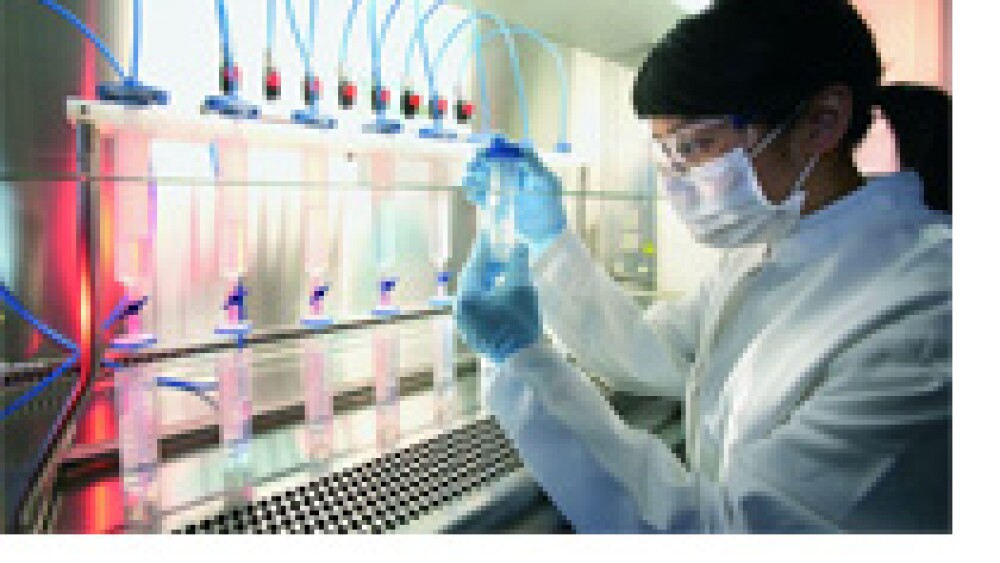November 10, 2014
By Mark Terry, BioSpace.com Breaking News Staff
Seattle-based Dendreon Corporation announced today that it has finalized the terms of its financial restructuring. Under the agreements filed under Chapter 11, the restructuring can either be a standalone recapitalization or a company or company asset sale. Part of the deal is the company will continue to deliver prostate cancer drug Provenge (sipuleucel-T) without interruption.
Today’s announcement was not a surprise. In August the company announced there was “significant risk” it would not be able to pay off its $620 million debt. On that news, stock dropped 20 percent to $1.67 in premarket trading. In an August 10-K filing with the SEC, it stated, “There is significant risk that … we will not be able to repay or refinance the 2016 Notes. Accordingly, we are currently considering alternatives to the repayment of the 2016 notes in cash, including alternatives that could result in leaving our current stockholders with little or no financial ownership of Dendreon.”
“Whether the restructuring takes the form of a stand-alone recapitalization or a sale of the Company or its assets, we are confident that this process will allow PROVENGE to remain commercially available to the patients and providers who have come to rely on this revolutionary personalized cancer immunotherapy,” said Dendreon President and CEO W. Thomas Amick in a press statement. “We are pleased to have the support of a substantial majority of our senior noteholders through this restructuring and sale process. We thank our employees for their continued hard work and dedication and for their commitment to help deliver PROVENGE to patients who are in need of immunotherapy.”
Dendreon indicates it has about $100 million in cash, cash equivalents and investments to pay for operations during restructuring. In addition, as well as continuing its sale of Provenge, it has requested in its Chapter 11 filings to be able to continue with bidding procedures as well as to honor employee obligations such as wages, salaries and health benefits.
Provenge showed promise from a technological point of view, but many analysts felt the drug’s price tag of about $93,000 per patient was too steep and slowed the compound’s adoption. Analysts predicted a price of about $62,000. In 2011 Dendreon projected Provenge sales of $350 to $400 million, but by the end of Q2 2011, had only registered $49.6 million in sales. Price was definitely a factor, and there was a great deal of uncertainty whether physicians would be reimbursed for the drug.





